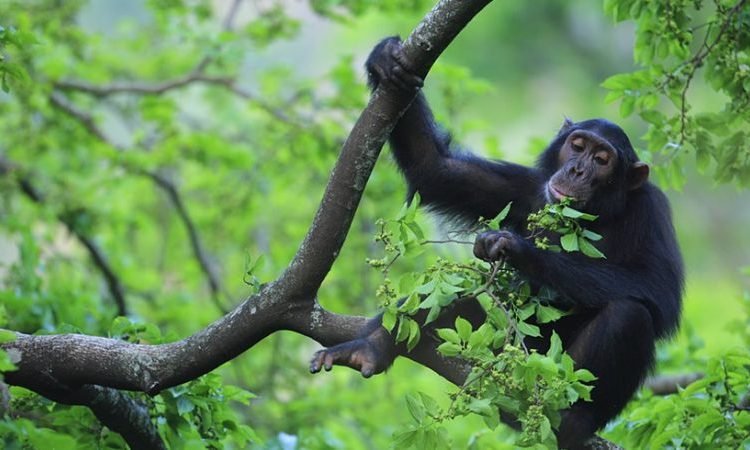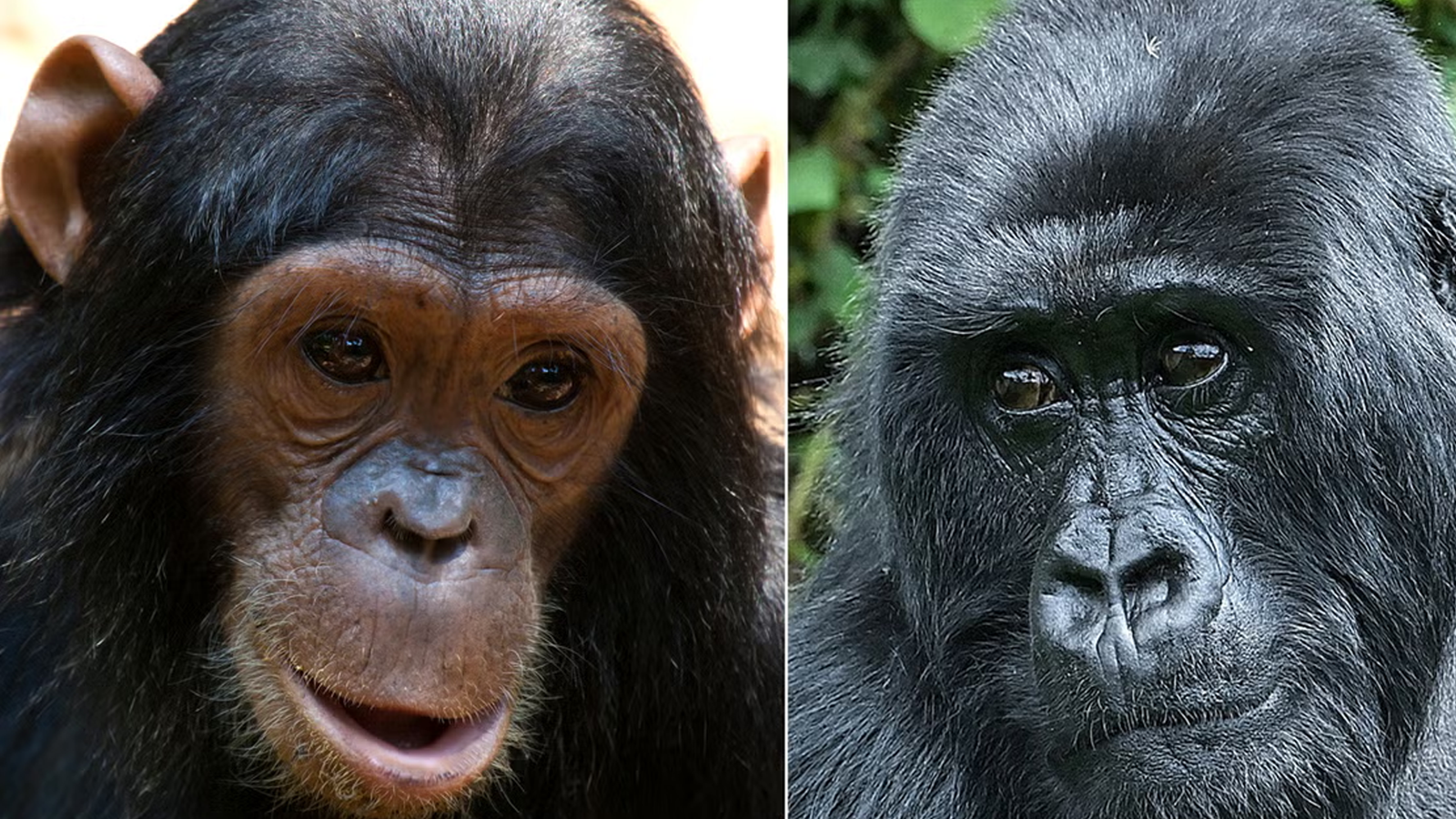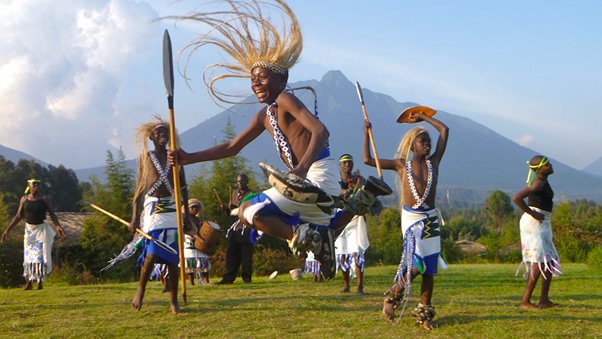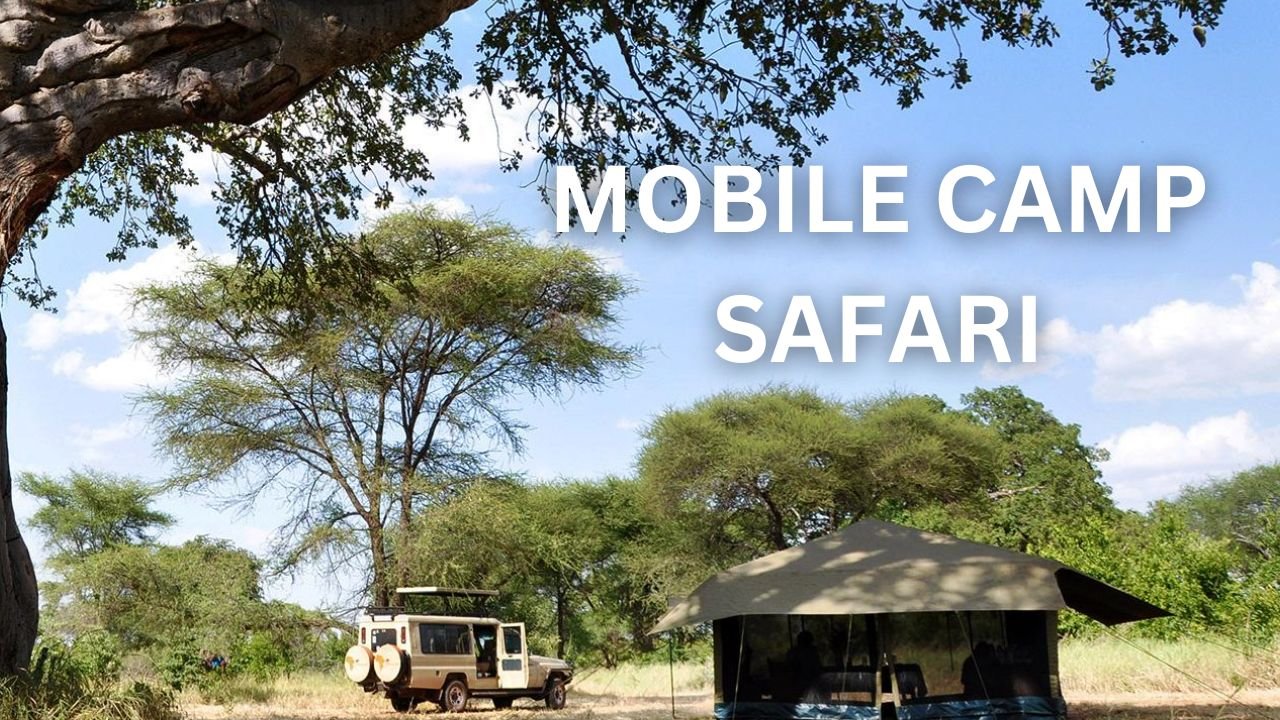Gorilla Trekking in Bwindi Impenetrable National Park
Bwindi Impenetrable National Park, a UNESCO World Heritage Site, is home to approximately half of the world’s remaining mountain gorilla population. The park’s dense forests and rugged terrain make it a haven for these gentle giants. Highlights:
Highlights:
- Gorilla Habituation: Engage in a unique experience by spending extended time with a gorilla family, observing their behaviors and interactions. This immersive experience offers deeper insights into their daily lives.
- Scenic Treks: The treks through Bwindi’s lush forests offer breathtaking views and the chance to encounter diverse flora and fauna.
- Cultural Encounters: Interact with the local Batwa community, gaining insights into their rich cultural heritage and traditional lifestyles.
Chimpanzee Trekking in Kibale Forest National Park
Kibale Forest National Park is renowned for its high concentration of primates, including the endangered chimpanzee. The park’s diverse ecosystems, ranging from tropical rainforests to wetlands, provide a rich environment for these primates. Highlights:
Highlights:
- Chimpanzee Habituation: Participate in the chimpanzee habituation experience, spending a full day with researchers and trackers to observe and learn about chimpanzee behavior.
- Swamp Walks: Explore the Bigodi Wetland Sanctuary, a community-run initiative that offers guided walks to observe various primate species and a myriad of birdlife.
- Birdwatching: Kibale is a birdwatcher’s paradise, boasting over 300 bird species, including the rare Great Blue Turaco.
Planning Your Trekking Adventure
- Permits: Gorilla trekking permits are priced at $1,500 per person per day, while chimpanzee trekking permits are more affordable. It’s advisable to book these permits well in advance due to high demand.
- Best Time to Visit: The dry seasons, from June to September and December to February, are ideal for trekking, offering better trail conditions and increased chances of wildlife sightings.
- Physical Preparation: Trekking can be physically demanding. Engaging in regular exercise and preparing for varying terrains will enhance your experience.
- Guides and Porters: Hiring experienced guides and porters not only enriches your trekking experience but also supports the local economy.




